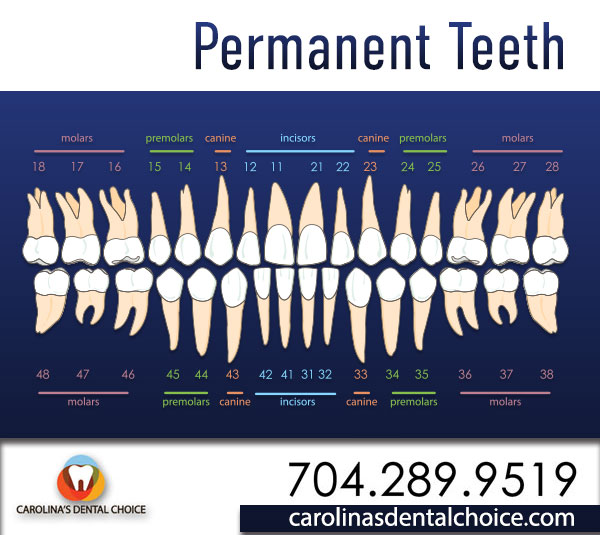Your Tooth Is Turning Dark: What It Means and What You Can Do
Most of us can recognize healthy teeth: we know to look for
a range from pearly white to a whitish-yellow. But if you’re experiencing a
darkening tooth beyond normal yellowing, you may very well have reason to be
concerned. A darkened or black tooth should not be ignored; they can be a
symptom of dental disease, or trauma. We’ll discuss what the different reasons
behind a dark tooth can mean, as well as what you and your dentist can discuss,
depending on the reason for damage.
Damage:
The most common cause of a black tooth is damage to the
teeth. There are two types of damage: extrinsic and intrinsic:
·
Extrinsic: Damage from the outside of the teeth,
like injury, wearing down tartar, staining
·
Intrinsic: Damage begins on the inside of the
teeth, like decay, damage, and staining
Staining:
Staining is technically the result of damage to the teeth,
whether that is from cavities, dental restoration, the consumption of certain
medications, tartar build up, or the use of tobacco. Staining can be extrinsic
or intrinsic as well, and both can lead to a darkened tooth.
Question: I’ve
experienced trauma on certain teeth and I’ve noticed them darkening. How long
will it take my teeth to turn black?
The good news is that darkening from staining occurs over
time, and it won’t happen over night. Ideally, a dentist can intervene to
prevent further darkening from staining.
Injury
If you have experienced injuries to the teeth, such an
accident that has knocked the tooth loose or caused bleeding, then there is
typically nerve damage to the teeth or intrinsic bleeding, which causes them to
darken or become discolored. Baby teeth typically lighten over the span of 6
months and aren’t as worrisome since permanent teeth will eventually come in.
If a permanent tooth is injured, it can begin to darken at any time, meaning
years and years down the line. In the case that a permanent tooth darkens, it
might be dead from lack of nerves, requiring root canal therapy or possibly an
implant. Other times, the tooth might heal after an injury, or just be slightly
discolored but still alive.
Question: What are my
treatment options?
·
Teeth whitening: Discuss with your dentist
whether you have extrinsic or intrinsic trauma. Only your dentist can determine
whether the tooth is still alive or not. Extrinsic damage can undergo whitening
treatments, but you’ll likely need a professional whitening to restore your
appearance.
·
Root canal: If your tooth is dead, your dentist
might recommend removing the affected pulp that has been stained, dead, or infected
inside your teeth. This will help your teeth become whiter. A follow-up
whitening treatment likely won’t be needed if the root canal is successful!
·
Crown/Veneer: If your tooth is alive and
refusing to return to its normal color after six months, you may decide with
your dentist on a crown or veneer to normalize your tooth’s appearance.
Cosmetic dentistry is usually the last option, since whitening and root canals
target discoloration and damage extrinsically and intrinsically.
If you’re experiencing a darkening tooth, visit Carolina
Dental Choice today. We will test whether your damage is extrinsic or
intrinsic, and from there provide you a treatment plan suited for your teeth
and individual needs. Carolina
Dental Choice is ready to help you achieve the smile you want!


Comments
Post a Comment